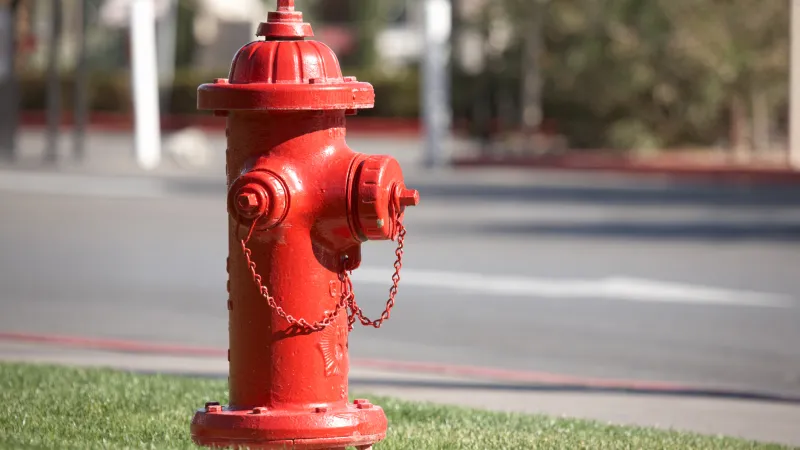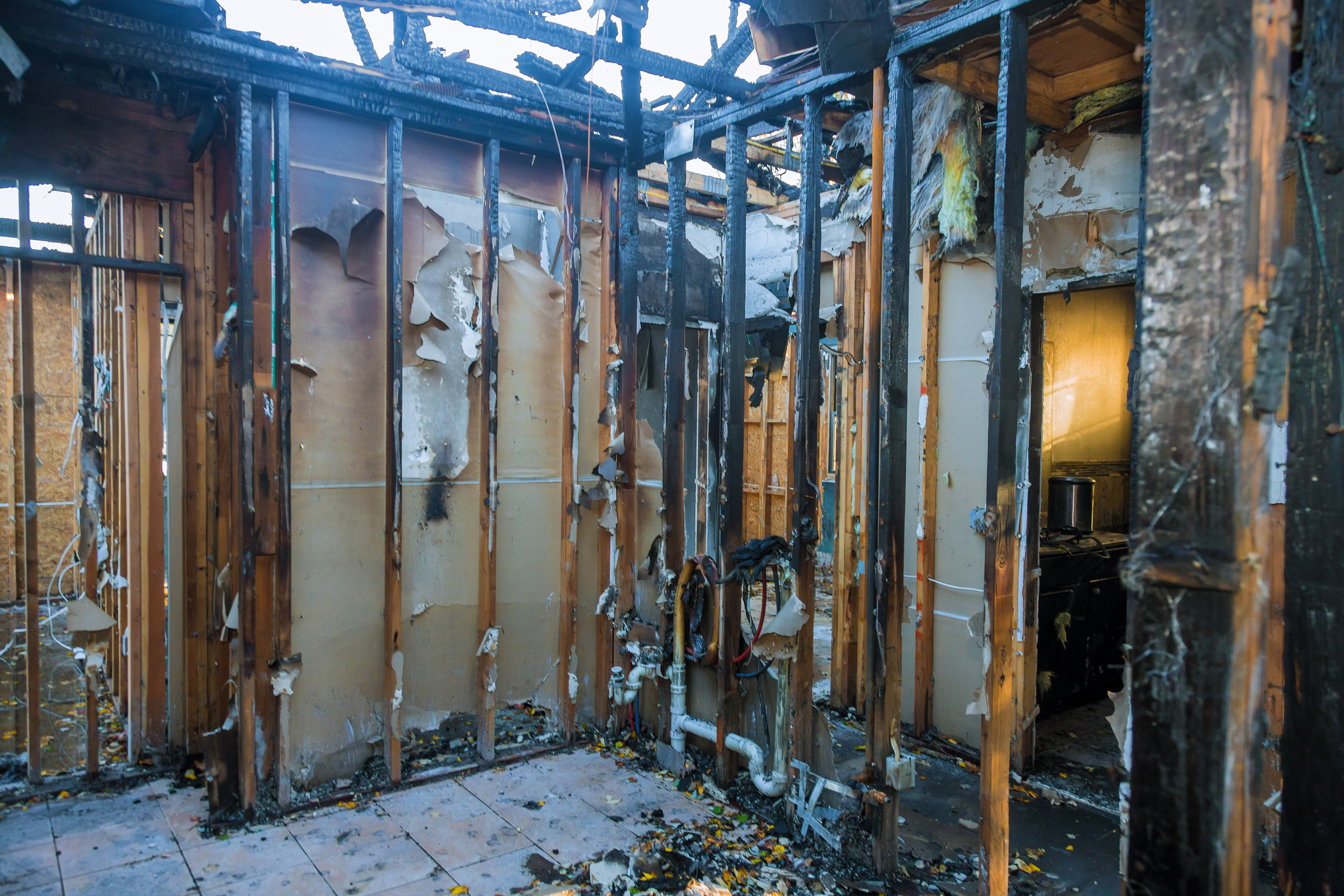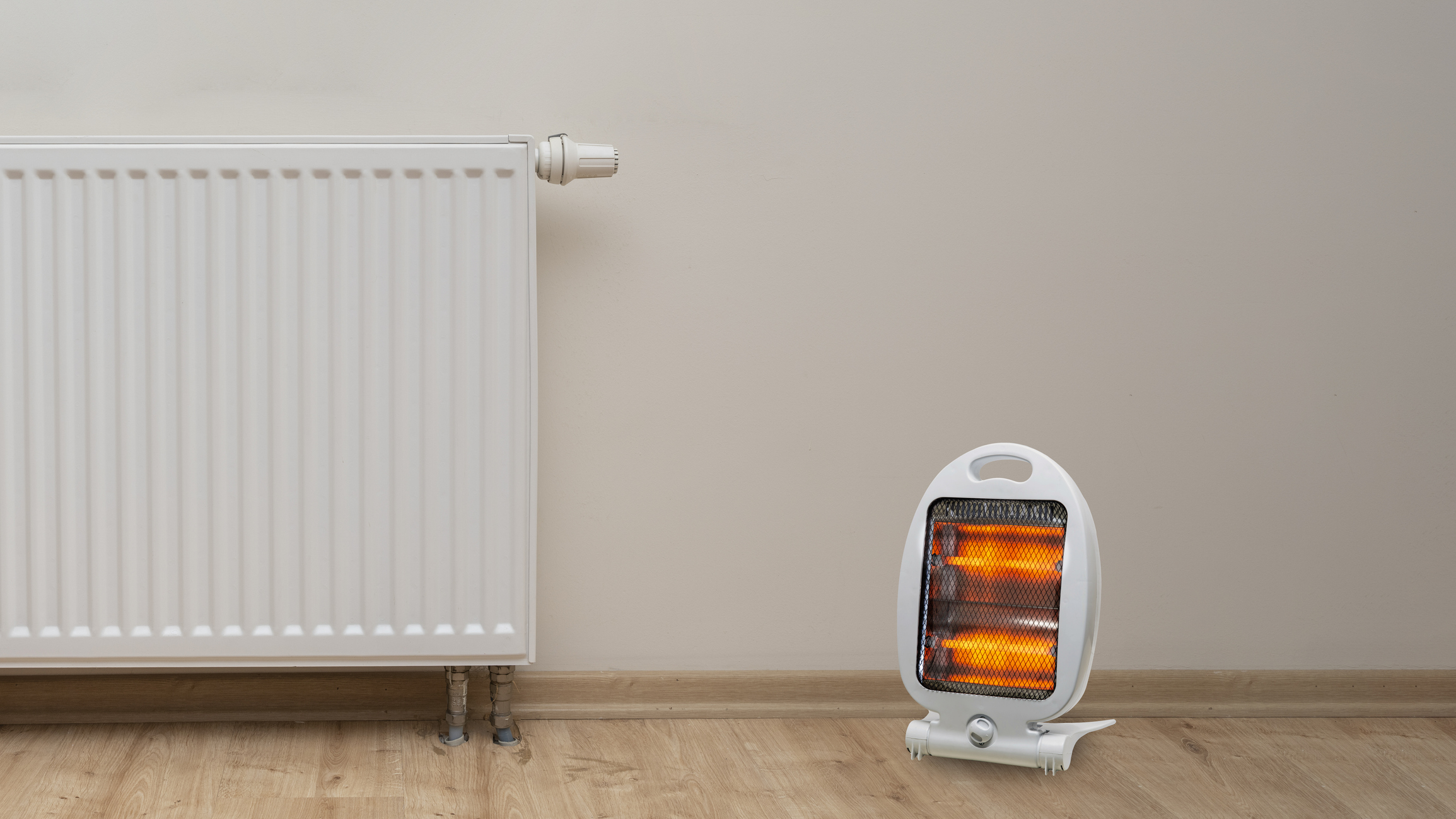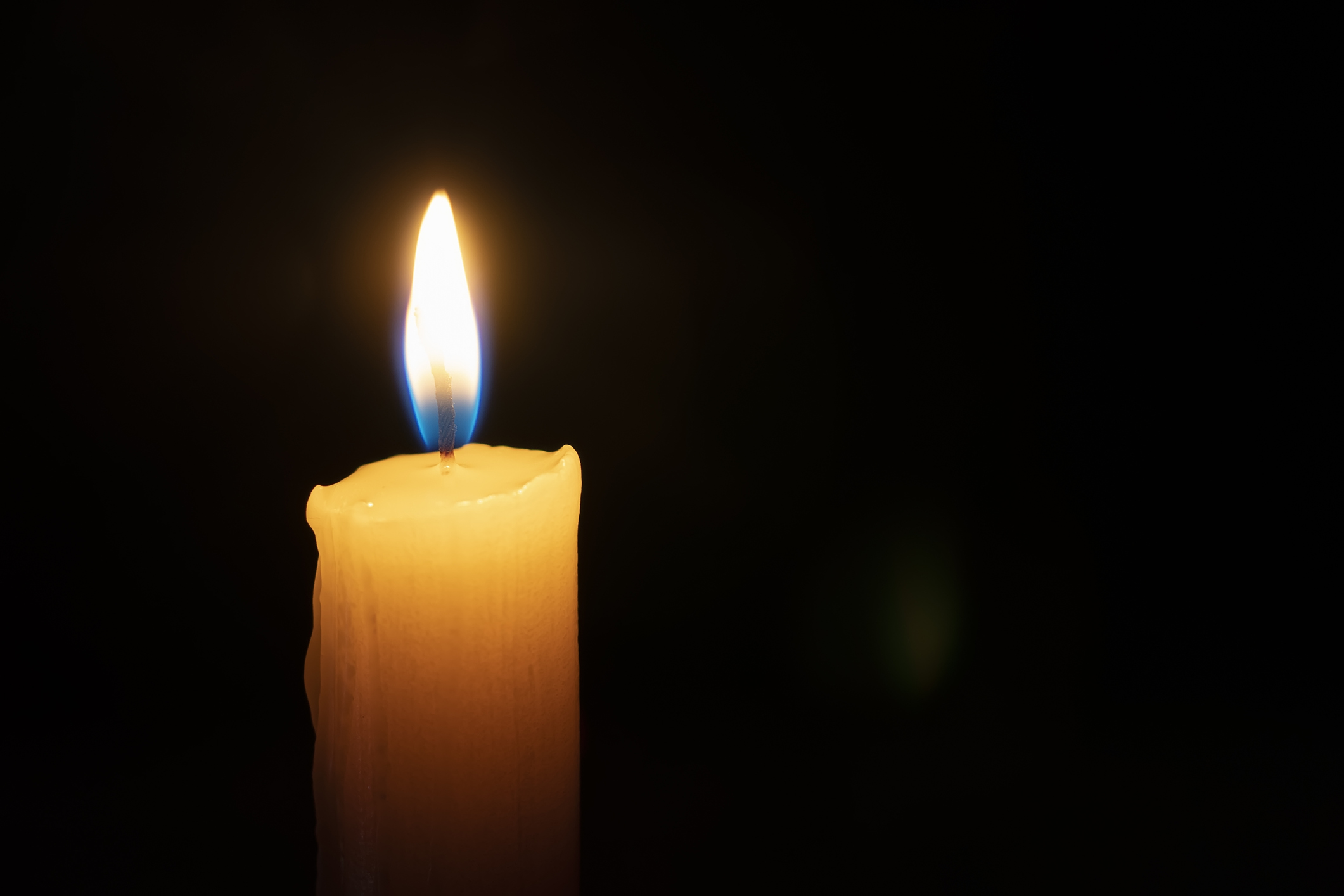
What To Do in Case of Fire Damage to Your Home
As a homeowner, it is essential to be aware of the top causes of home fires. A home fire can be a devastating event, causing property damage, injuries, and even fatalities.

The following are the top five causes of home fires that you should be aware of, and how to prevent them:
Cooking
Cooking is the leading cause of home fires.
- Never leave your cooking unattended. It's easy to get distracted by other things going on around you, but stepping away from the stove even for a moment can lead to disaster. If you need to step away, turn off the stove and remove the pot or pan from the heat source.
- Another important tip is to keep flammable items away from the stove. This includes things like dish towels, oven mitts, and even loose clothing.
- You should also avoid cooking with oils that have a low smoke point, as they’re more likely to catch fire.
- Finally, make sure to keep a fire extinguisher handy in case of an emergency.
Heating
Heating equipment, such as space heaters, fireplaces, and wood stoves, can be dangerous if not used properly.
- Keep your heating equipment in good working order. This means having it serviced regularly by a professional technician, who can check for any potential hazards such as faulty wiring or leaks.
- Always follow the manufacturer's instructions when using your heating equipment and avoid overloading electrical outlets.
- Be mindful of what you place near your heating equipment. Flammable items such as clothing, curtains, and paper products should be kept at a safe distance to prevent accidental ignition.
- It's also a good idea to avoid using extension cords with your heating equipment, as these can easily overheat and start a fire.
Sandbox has some additional tips on space heater and fireplace/wood stove safety that are useful if you use either of these heating sources.

Electrical
Electrical fires can be caused by faulty wiring, overloaded outlets, and the misuse of electrical equipment.
- Make sure that your electrical system is up to date and in good condition. If you live in an older home, have a licensed electrician inspect your wiring and circuit breaker box to ensure that it can handle your electrical needs.
- Be sure to replace any worn or damaged electrical cords or plugs, as they can be a fire hazard.
- Be mindful of your electrical usage. Avoid overloading outlets by plugging too many devices into one outlet or power strip. Also, be sure to unplug appliances and electronics when they are not in use, especially those with heating elements, such as space heaters, toasters, and irons.
- Installing smoke detectors and fire extinguishers in your home can be a lifesaver in the event of an electrical fire. Be sure to test your smoke detectors regularly and replace the batteries as needed. Keep a fire extinguisher in an easily accessible location, such as the kitchen, and make sure that everyone in your household knows how to use it.
Smoking
Smoking materials, such as cigarettes, pipes, and cigars, can quickly ignite flammable items in the home.
- Smoke outside. If you have guests over, make sure they smoke outside as well. Never smoke in bed or near flammable materials such as curtains, furniture, or bedding.
- Don’t leave lit cigarettes or cigars unattended, and make sure they’re fully extinguished before disposal.
- Use deep ashtrays and regularly empty them. If possible, wet the ashes before throwing them out.
- Install smoke alarms in every room and outside every sleeping area.
Candles
Candles may be a source of relaxation and ambiance, but they can also be a significant fire hazard.
- Keep candles away from flammable materials such as curtains, furniture, bedding, and carpets.
- Keeping candles on stable surfaces that are heat-resistant and non-flammable, such as metal or ceramic, is also crucial. It’s best to avoid placing candles in high traffic areas or where they may be knocked over by children or pets.
- Never leave candles unattended, even for a short period. Always extinguish candles before leaving the room or going to bed. It’s a good idea to avoid using candles in sleeping areas or where you may fall asleep.
- Consider using flameless candles or LED lights instead of traditional candles. These alternatives provide the same ambiance without the risk of fire.
- If you do use traditional candles, make sure to trim the wick to ¼ inch before lighting them and avoid burning them all the way down to the end.
We go further in depth in our Candle Safety Tips Blog!

By being aware of these top causes of home fires, you can take steps to prevent them and keep your home and family safe. Remember to have working smoke detectors on every level of your home, and to have a fire escape plan in place.
What To Do in Case of Fire Damage to Your Home
Experiencing a house fire can be an overwhelming and traumatic event. Once everyone is safe and the fire is put out, the next step is to address the damage caused by the fire. Here are the steps to take if your home is damaged by a fire:
- Protect yourself and others, do not enter the damaged building unless authorized to do so by the fire department.
- Make premises safe and secure. This may include boarding up windows or covering damaged areas with a tarp. Get assistance from the contractor if needed.
- Contact your insurance company or broker as soon as possible and make a claim. Your insurance company will send an adjuster to assess the damage and determine coverage for repairs or replacement of damaged items. Make sure to document the damage with photos and a list of damaged items to provide to your insurance company.
- You may also need to hire a professional restoration company to assist with the cleanup and repairs. They can help remove soot and smoke damage, repair structural damage, and restore your home to its pre-fire condition.
Insure Your Home in Case of Fire Damage
Prevention is the best thing you can do to avoid fire damage to your home. But of course, not all things are 100% preventable or predictable. Make sure you’ve adequately insured your home with a home insurance policy. If you’re in Saskatchewan, Manitoba, or Alberta, talk to an insurance broker about Sandbox home insurance.
Please note that the information in this article may not accurately reflect your insurance policy from Sandbox Mutual Insurance or another insurance company. Please refer to your policy or talk to your broker about your specific coverages.
